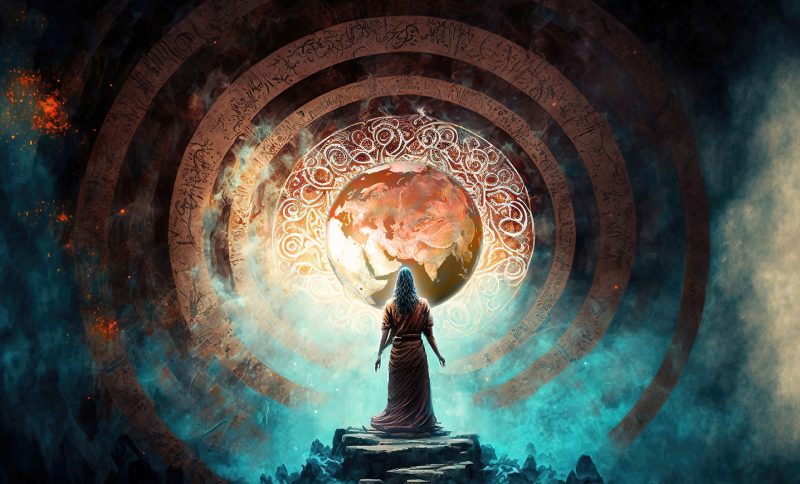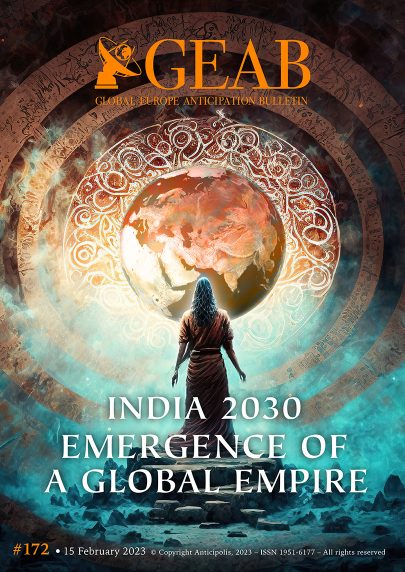GEAB 172

While the West is gradually withdrawing its assets from China in anticipation of worsening tensions between the West and the Middle Kingdom,[1] and is becoming aware that its reindustrialisation is facing innumerable difficulties (financial, environmental, human), India appears to be the ideal replacement solution: a large and cheap workforce,[2] a desire for development “at all costs” expressed by the government following the example of Deng Xiaoping in 1978, [3] a prospect of growth of nearly 2 points, etc. But the Chinese experience prompts the West to be cautious: how can we avoid seeing India’s development go hand in hand with a rise in West-India tension? Following the new logic of “friendshoring”[4] it would be a matter of ensuring India’s lasting compatibility with the West. But this is not easy: India is a power emblematic of the spirit of non-alignment of the Bandung Conference (it was Nehru himself who invented the term “non-alignment” in 1954). The current Prime Minister, the nationalist Narendra Modi, is no exception to this rule and is careful to maintain good relations with everyone: the West, Russia and even China. While his camp is characterised by strong anti-Chinese sentiment, Modi himself starts from a principle of real-politik, taking into account the incompatibility of the country’s economic development and the conflictualisation of relations with its large Chinese neighbour. But the war in Ukraine is increasing the pressure on the principle of non-alignment: India will find it increasingly difficult to maintain this position and will be pushed to take sides with or against China and Russia.
As the 2024 general election approaches, we anticipate the emergence of new political streams, including pro-Western movements probably linked to Rishi Sunak’s England and the Indian diaspora, which could take power in order to align India with Western interests. Britain’s post-Brexit strategy – Global Britain – and post-Elizabeth II – New Commonwealth, reinforces the likelihood of this scenario and makes the UK a central player in this strategy of realigning India.
Login

We are inaugurating with Marie Poisson this new section "Reader’s view on the Future". Marie’s life is an atypical journey, as she lives on her boat in Thailand. She used [...]
Ukrainian refugees now live in Europe under a special status called temporary protection, modelled after a similar status created by the US at the end of the Cold War. While [...]
We anticipate that Narendra Modi’s Make in India strategy, fueled by the Anglo-Saxon anti-China strategy, will attract a good number of companies that will remain there - in all senses [...]
We continue our focus on India with this brief on the 2024 elections. The 543 Members of Parliament representing the 28 states + the 8 Indian territories will be elected. [...]
Real estate: Never release the prey for the shade // Oil: Bottleneck in sight! // Web3: Place your bets // Where to set up what type of business, according to [...]


Comments